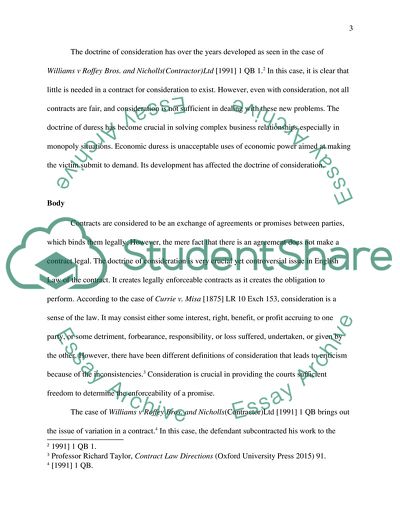Cite this document
(“Contract Law Coursework Example | Topics and Well Written Essays - 2250 words”, n.d.)
Contract Law Coursework Example | Topics and Well Written Essays - 2250 words. Retrieved from https://studentshare.org/law/1690569-contract-law
Contract Law Coursework Example | Topics and Well Written Essays - 2250 words. Retrieved from https://studentshare.org/law/1690569-contract-law
(Contract Law Coursework Example | Topics and Well Written Essays - 2250 Words)
Contract Law Coursework Example | Topics and Well Written Essays - 2250 Words. https://studentshare.org/law/1690569-contract-law.
Contract Law Coursework Example | Topics and Well Written Essays - 2250 Words. https://studentshare.org/law/1690569-contract-law.
“Contract Law Coursework Example | Topics and Well Written Essays - 2250 Words”, n.d. https://studentshare.org/law/1690569-contract-law.


